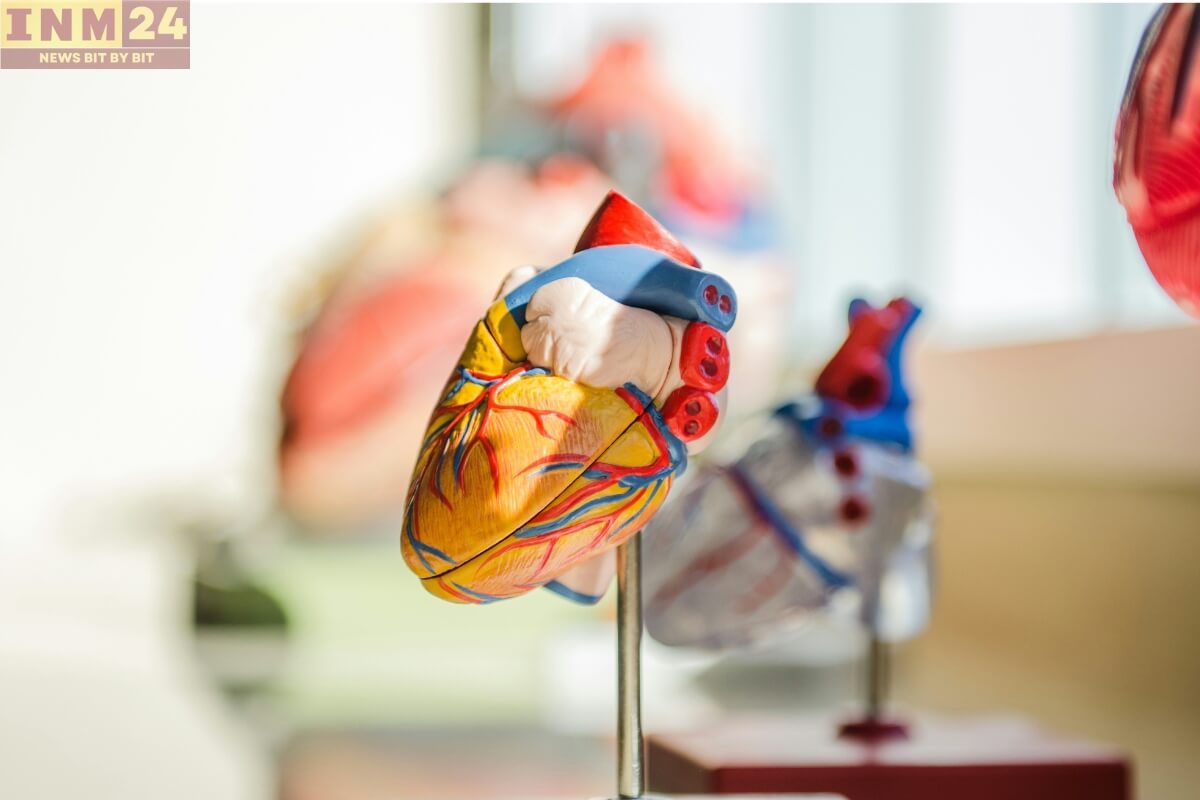Atrial fibrillation (AFib) is a common heart condition characterized by irregular and rapid heartbeats, often leading to symptoms such as palpitations, shortness of breath, and fatigue. It occurs when the heart’s upper chambers (atria) beat chaotically and out of sync with the lower chambers (ventricles), disrupting the normal rhythm of the heart. If left untreated, AFib can increase the risk of stroke, heart failure, and other complications. Therefore, it’s essential to recognize the signs and symptoms of AFib and seek medical attention promptly if you experience them.
Signs and Symptoms of Atrial Fibrillation:
- Heart Palpitations: One of the most common symptoms of AFib is palpitations, which are sensations of rapid, irregular, or fluttering heartbeat. You may feel like your heart is racing, pounding, or skipping beats.
- Fatigue and Weakness: AFib can cause fatigue and weakness due to the heart’s inefficient pumping of blood throughout the body. You may feel tired even after resting or engaging in minimal physical activity.
- Shortness of Breath: Difficulty breathing or shortness of breath, especially during exertion or while lying down, is another hallmark symptom of AFib. This occurs because the heart’s irregular rhythm affects its ability to pump oxygen-rich blood efficiently to the body’s tissues.
- Dizziness or Lightheadedness: AFib can lead to dizziness, lightheadedness, or feelings of faintness, particularly when standing up quickly or exerting yourself physically. These symptoms may occur due to decreased blood flow to the brain caused by the irregular heartbeat.
- Chest Discomfort: Some individuals with AFib may experience chest discomfort or chest pain, which can range from mild discomfort to severe pressure or tightness. Chest pain associated with AFib may resemble symptoms of a heart attack and should be evaluated promptly by a healthcare professional.
- Frequent Urination: AFib can sometimes cause an increased urge to urinate, particularly at night. This symptom may be due to changes in the heart’s pumping efficiency, leading to fluid buildup in the body and increased fluid output by the kidneys.
- Anxiety or Panic Attacks: The irregular heartbeat and associated symptoms of AFib, such as palpitations and shortness of breath, can trigger feelings of anxiety or panic attacks in some individuals.
It’s important to note that not everyone with AFib experiences symptoms, and some individuals may have silent AFib, meaning they are unaware of their condition until diagnosed during routine medical evaluations or screenings. However, if you experience any of the above symptoms or suspect you may have AFib, it’s crucial to consult a healthcare professional for proper evaluation and management.
Treatment and Management of Atrial Fibrillation:
Treatment for AFib aims to restore normal heart rhythm, control heart rate, and reduce the risk of complications such as stroke and heart failure. Treatment options may include medication, lifestyle modifications, and in some cases, procedures or surgery to restore normal heart rhythm.
Medications commonly used to treat AFib include antiarrhythmic drugs to help maintain normal heart rhythm, rate-control medications to slow down the heart rate, and anticoagulants (blood thinners) to reduce the risk of blood clots and stroke.
In addition to medication, lifestyle modifications can help manage AFib and reduce the risk of complications. These may include maintaining a healthy weight, following a heart-healthy diet low in sodium and saturated fats, engaging in regular physical activity, avoiding excessive alcohol and caffeine consumption, managing stress, and quitting smoking if you smoke.
For individuals with persistent or symptomatic AFib that does not respond to medication or lifestyle changes, procedures such as cardioversion (electric shock therapy), catheter ablation, or surgical interventions may be considered to restore normal heart rhythm.
Arial fibrillation is a common heart condition characterized by irregular and rapid heartbeats that can lead to various symptoms and complications if left untreated. Recognizing the signs and symptoms of AFib is essential for prompt diagnosis and appropriate management. If you experience symptoms suggestive of AFib, it’s crucial to seek medical attention for proper evaluation, diagnosis, and treatment to reduce the risk of complications and improve overall heart health.
